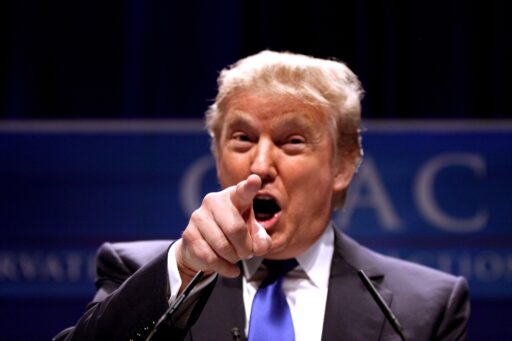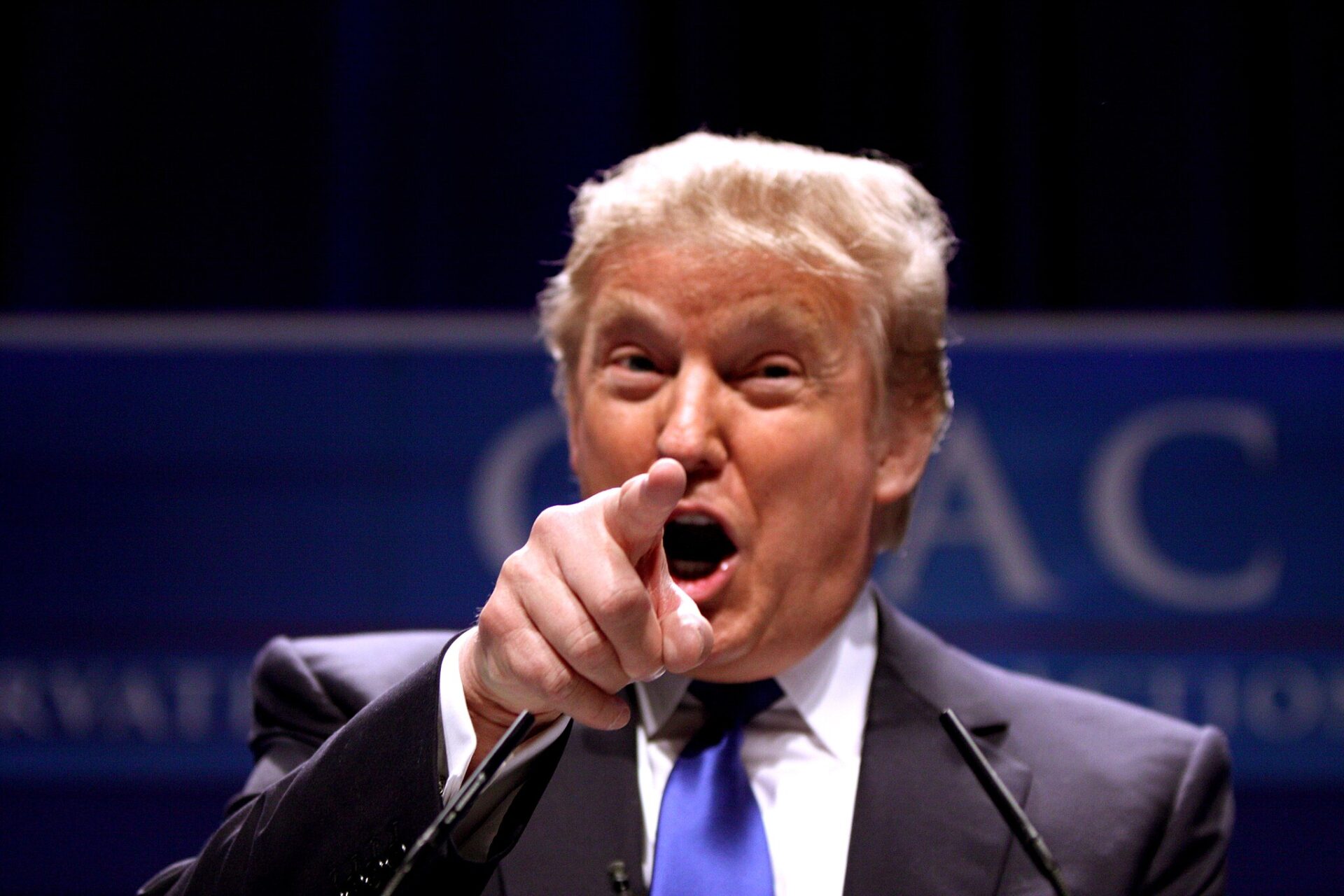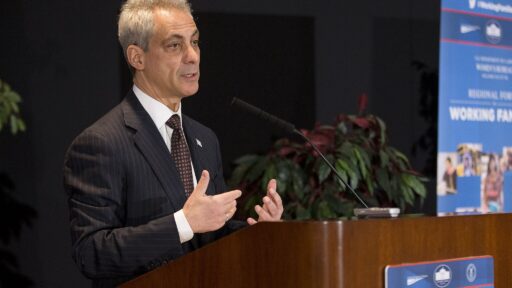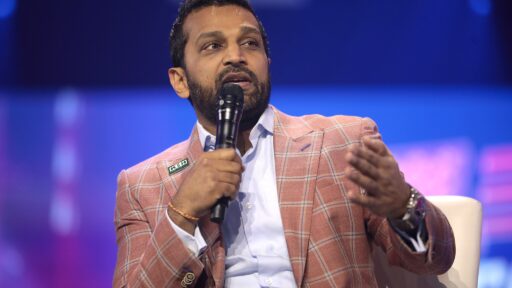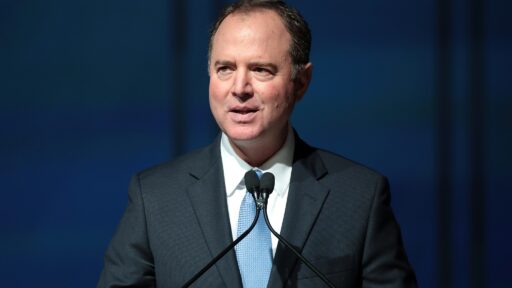Can Trump do this?
In his final weeks in office, President Joe Biden made a controversial decision that has drawn the ire of many, including his political rival, President-elect Donald Trump. Biden granted a “full and unconditional” pardon to his son, Hunter Biden, for his convictions on federal charges related to gun possession and tax offenses.
The Details of Hunter Biden’s Pardon
Hunter Biden was facing serious legal consequences for multiple federal offenses, including three charges of illegal gun possession in Delaware and nine tax-related violations in California. Back in June, he was convicted on felony charges, and sentencing was scheduled for later this month. However, just before that could happen, President Biden issued a sweeping pardon that covers all offenses Hunter may have committed between January 1, 2014, and December 1, 2024.
President Biden defended his actions, claiming that Hunter was being “selectively and unjustly” prosecuted because of his connection to the President. Critics, however, see this pardon as yet another example of the Biden family’s special treatment and an abuse of power.
Trump’s Response: Outraged but Powerless
Donald Trump wasted no time in voicing his disapproval. Taking to Truth Social, the former president condemned the pardon as “an abuse and miscarriage of justice.” He raised the provocative question of whether this pardon would extend to the “J-6 hostages,” referring to Trump supporters who are still incarcerated for their roles in the January 6 Capitol riots. Trump has pledged that, if re-elected in 2024, he would issue pardons to those individuals, suggesting a stark contrast between his approach and Biden’s.
Unfortunately for Trump, there is little he can do to reverse the pardon. Once a presidential pardon is granted and finalized, it is typically irreversible. The legal system views a presidential pardon as a permanent act of clemency, and there is no mechanism in place for overturning it once it has been completed.
Trump’s Record on Pardons
While Trump’s reaction to Hunter Biden’s pardon has been strong, it’s important to note that his own use of presidential clemency was relatively restrained during his time in office. Despite making high-profile pledges to pardon figures like former White House advisor Steve Bannon and Wikileaks founder Julian Assange, Trump issued 237 acts of clemency, including 143 pardons and 94 commutations. This is significantly fewer than the clemency grants of former Presidents like Barack Obama, who issued nearly 2,000 pardons and commutations during his two terms.
Notably, Trump used his pardon power to aid political allies and supporters, such as former campaign chairman Paul Manafort and congressman Duncan Hunter, as well as celebrities like rapper Lil Wayne. His approach to pardoning was seen by some as a tool to reward loyal supporters rather than a broad or indiscriminate use of presidential power.
Can Pardons Ever Be Overturned?
While most pardons are final once granted, history does provide a few examples of pardons being revoked before they were fully executed. For instance, in 1896, President Andrew Johnson issued a pardon that was rescinded by President Ulysses S. Grant because it had not been delivered yet. Similarly, in 2008, President George W. Bush reversed a pardon for Isaac Toussie after learning of questionable political donations tied to Toussie’s family. However, both of these revocations occurred before the pardons were finalized and granted.
In contrast, Hunter Biden’s pardon has already been processed through the courts and cannot be undone by Trump or any future administration.
Conclusion
The decision to pardon Hunter Biden has sparked outrage among many Republicans, who see it as yet another example of the Biden family using their power to shield themselves from accountability. While Trump’s outrage is understandable, especially given the partisan nature of the case, the legal reality is that Biden’s pardon cannot be reversed. As the 2024 election approaches, these kinds of legal and ethical battles will continue to shape the debate on presidential power, accountability, and justice.


